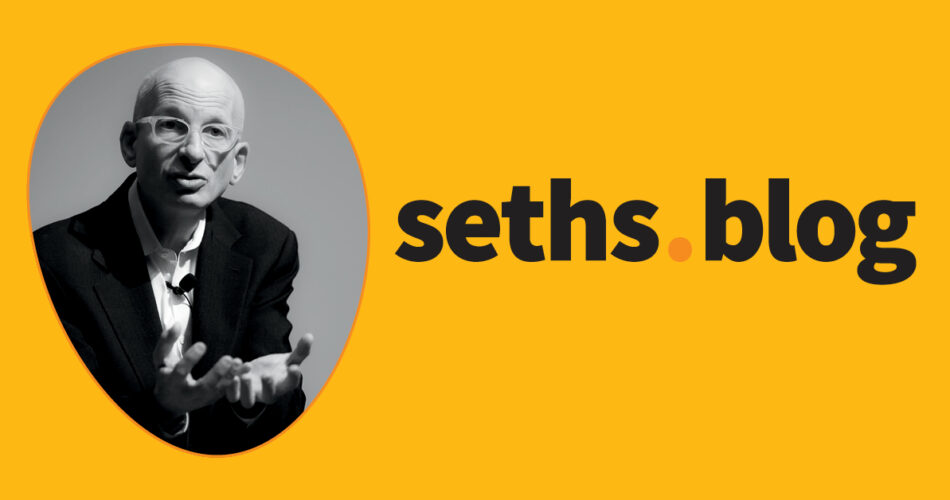AI is here, and it can (or soon will) be able to draw, code, or write with more skill than most of us.
It’s tireless, very fast and very cheap.
Understandably, some creators are up in arms. They say that if an AI is trained on their photographs, their architectural designs or their cartoons, it’s a form of theft.
This doesn’t hold up.
If an art student studies all of Picasso’s 10,000 paintings and then creates a new painting that is clearly based on them, we call this the advancement of culture. The same is true if a writer uses a word that was coined by Shakespeare, or if a graffitist is clearly inspired by Shepard Fairey.
That’s how culture evolves. Taking an idea isn’t theft. Taking an idea is an oxymoron. Ideas belong to all of us.
We couldn’t and wouldn’t have it any other way. There’s no way to bake a cake, drive a car or write a sentence without using what came before.
GPT and other AI tools don’t actually know anything. They’re pattern matchers and pattern extenders. And those patterns are called culture.
(Aside: There’s a difference between copyright and trademark. Copyright is a small carve out to protect the actual craft of creativity and its specific outputs. Trademark is a way to signal to the world who made something. If someone uses AI to copy an artist’s style and then tries to pass it off as coming from the artist, that is theft. Theft of trademark. Different discussion for another day.)
If a computer or a person steals your style, it’s an indication that you’ve made an impact on the culture. And the only response is to dig deeper and make another impact on the culture, not try to carve out your contributions to our shared modes of interaction.
The only thing that allows creators to create is the work that came before. When we create, we add to that work so that others can do the same.

Source link


